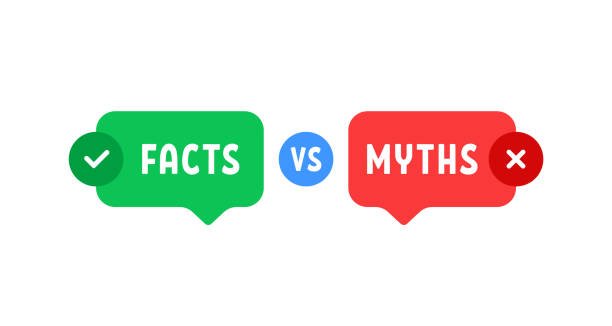Why do people still read myths today?
Myths have been a part of human culture for thousands of years. These ancient stories, often filled with gods, heroes, and fantastical creatures, might seem distant from our modern lives. Yet, people all around the world, including South Africa with its rich tapestry of folklore, continue to read and explore myths. Why do these ancient narratives continue to capture our imagination? This article explores the reasons why people still read myths today.
Why Do People Still Read Myths Today?
People still read myths today because of their deep connection to cultural roots, allowing individuals to explore their heritage or understand other traditions. Myths also tackle universal themes that resonate with human nature, such as love, bravery, and moral struggles. They serve as educational tools, offering moral lessons and fostering critical thinking. Modern creativity often draws inspiration from myths, enriching literature, art, and entertainment. Some find psychological insights in myths, exploring the human psyche, while others engage with them for spiritual or philosophical exploration. Additionally, myths provide entertainment and escapism, with compelling stories that transport readers to fantastical worlds. Overall, the timeless appeal of myths lies in their multifaceted ability to connect, inspire, educate, and entertain, bridging the gap between ancient wisdom and contemporary life.
Connection to Cultural Roots
Myths often embody the beliefs, values, and traditions of a specific culture. By reading myths, individuals can connect with their ancestral heritage or understand other cultures more deeply.
Example: In South Africa, the San people’s myths about the stars and creation are a rich source of cultural identity and wisdom.
Universal Themes and Human Nature
Myths tend to explore timeless and universal themes such as love, bravery, sacrifice, and the struggle between good and evil. They offer insights into human nature that remain relevant across generations.
Educational Value
Myths often serve as educational tools, teaching moral lessons and imparting wisdom. They can be used to foster critical thinking, cultural awareness, and ethical understanding.
Inspiration for Modern Creativity
Modern literature, art, and entertainment frequently draw inspiration from myths. They provide a rich source of symbolism, metaphor, and allegory.
Example: The Greek myth of Icarus has inspired various artworks, poems, and even psychological theories like “The Icarus Complex.”
Psychological Insights
The renowned psychologist Carl Jung believed that myths are expressions of the collective unconscious. They reveal deep psychological truths about the human psyche and can be used as tools for self-understanding and personal growth.
Spiritual and Philosophical Exploration
For some readers, myths offer a spiritual or philosophical exploration, addressing existential questions and providing a framework for understanding the cosmos.
Entertainment and Escapism
At their core, myths are compelling stories. They offer entertainment and escapism, transporting readers to fantastical worlds filled with adventure and wonder.
Conclusion: The Timeless Appeal of Myths
Myths continue to be read and revered today because they are far more than mere ancient tales. They connect us to our cultural roots, teach us about ourselves, inspire creativity, and offer profound insights into human nature and the universe. They bridge the gap between the past and the present, linking us to the shared human experience.
Whether exploring South African folklore, delving into Greek tragedies, or enjoying a modern novel inspired by myth, readers find in these stories a rich tapestry that speaks to fundamental aspects of the human condition. In an ever-changing world, myths remind us of the timeless values, challenges, dreams, and questions that continue to shape our lives. They stand as a testament to the enduring power of storytelling and the unbreakable bond between humanity and its myths.

